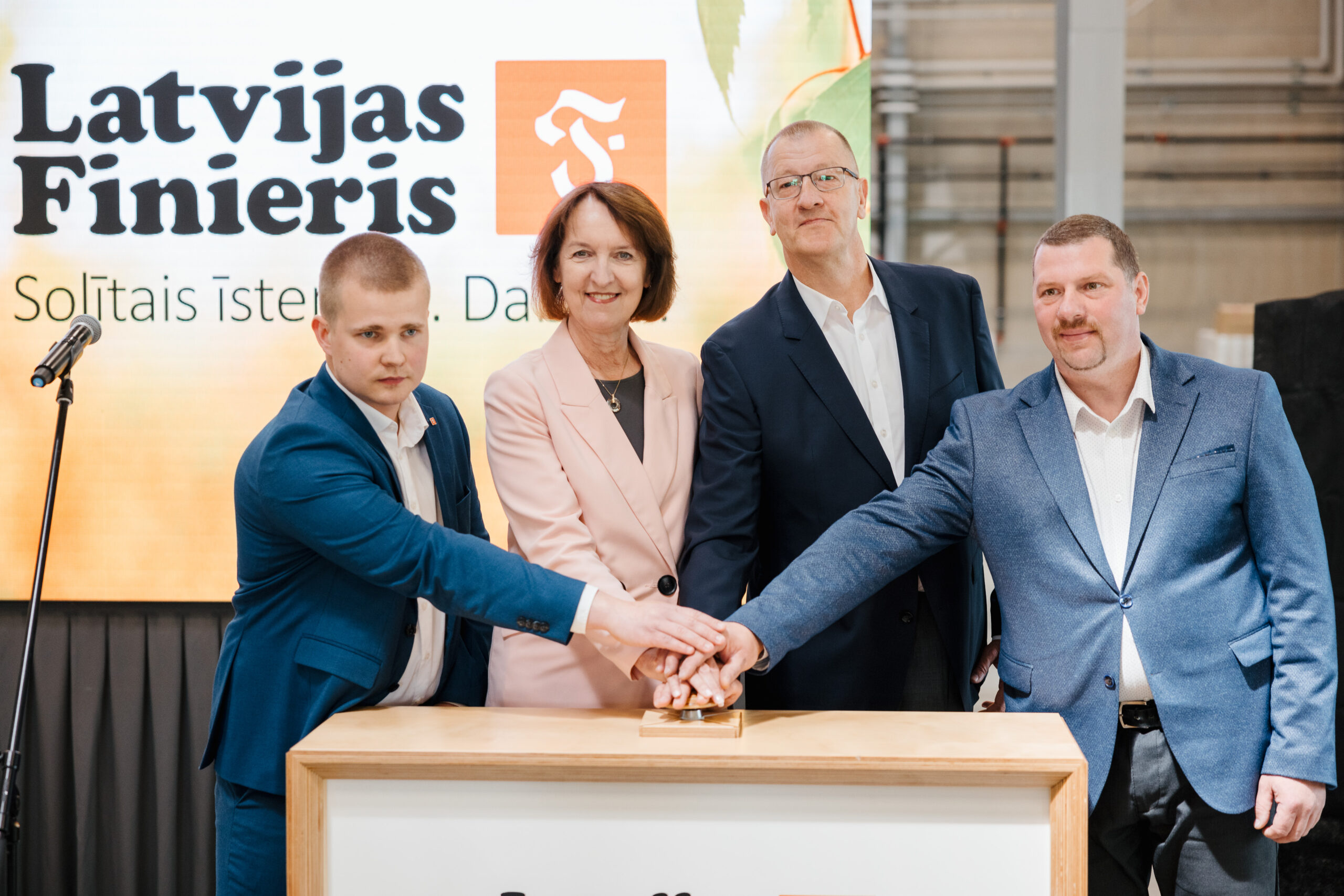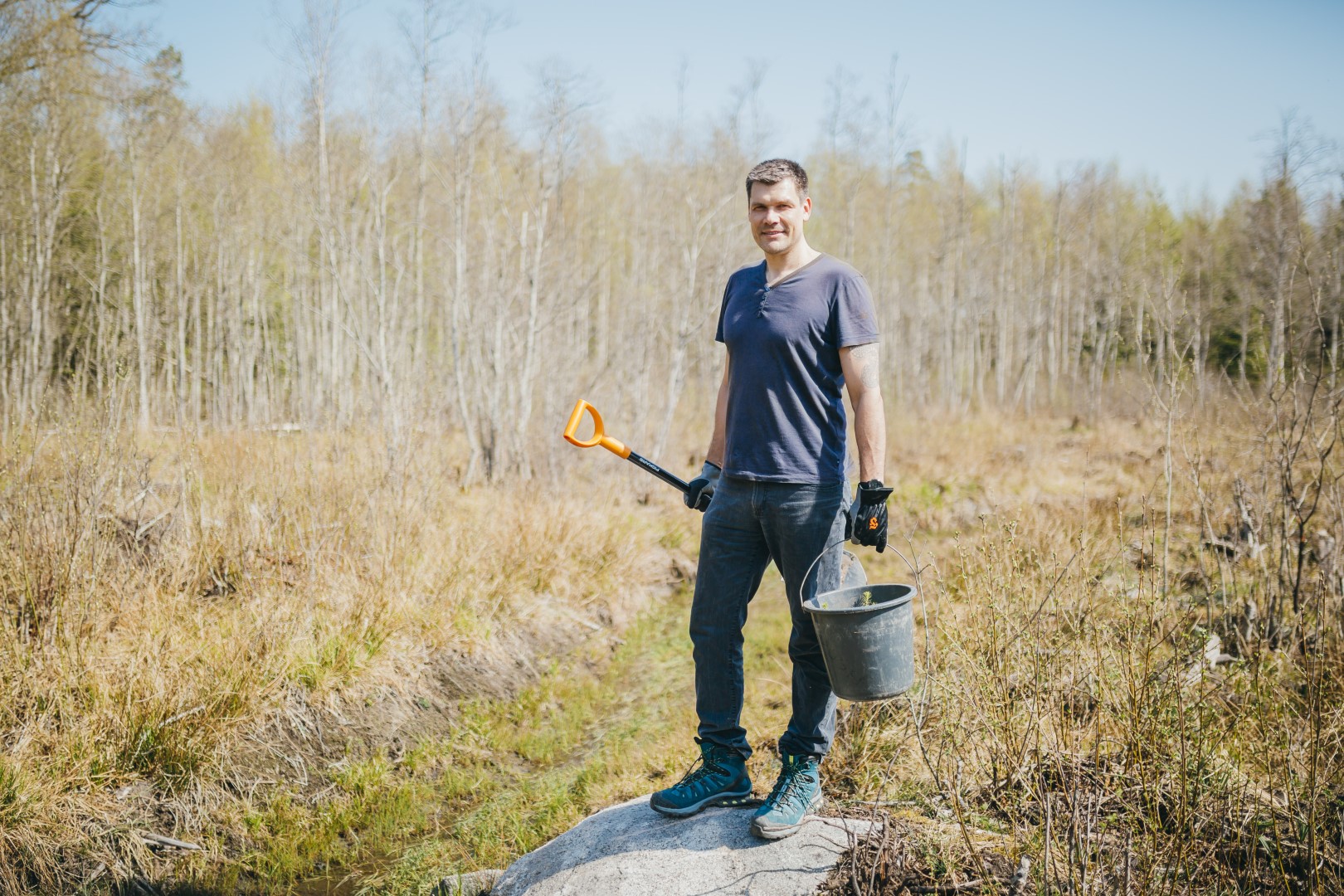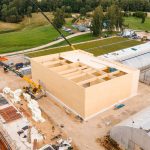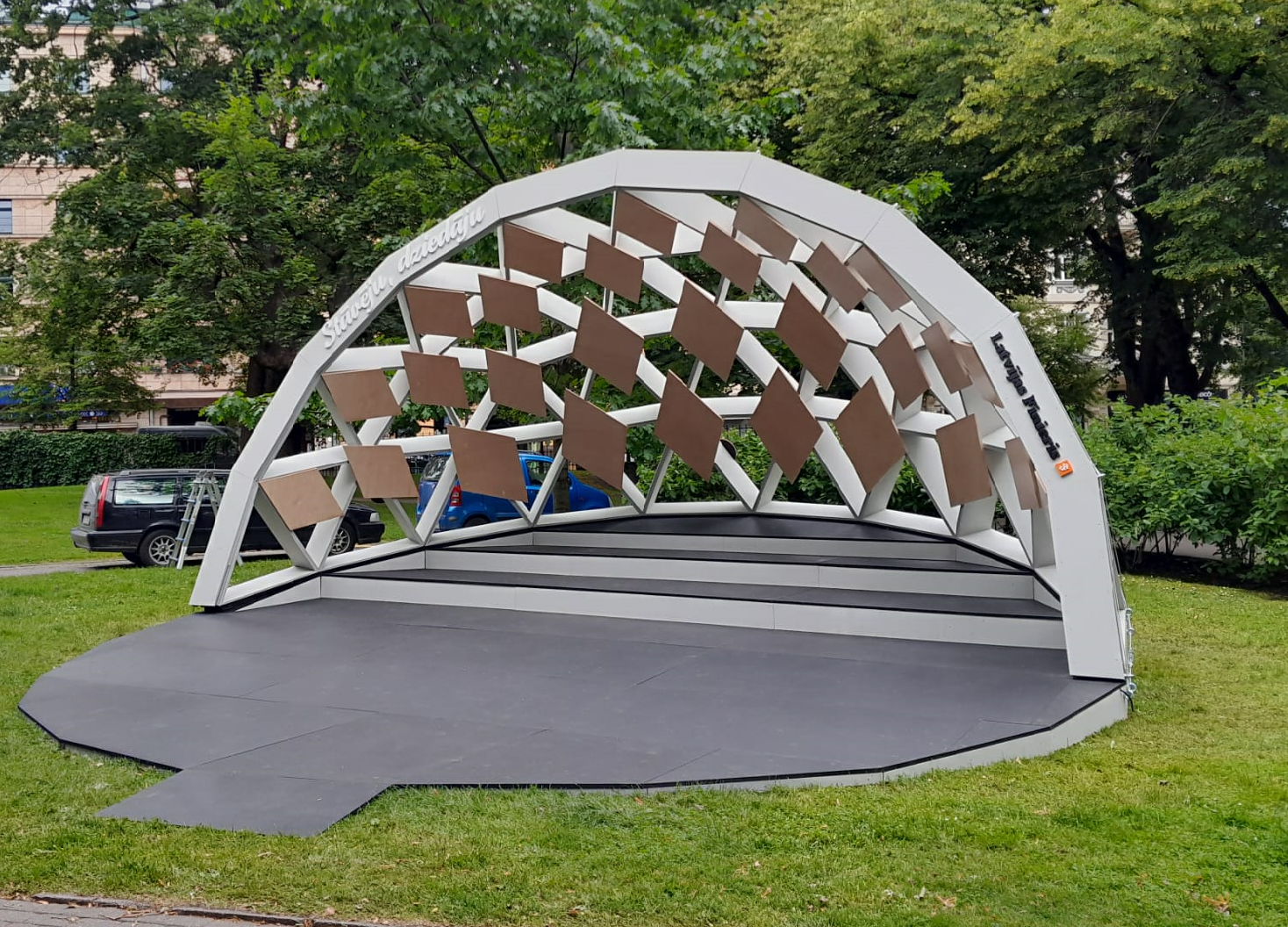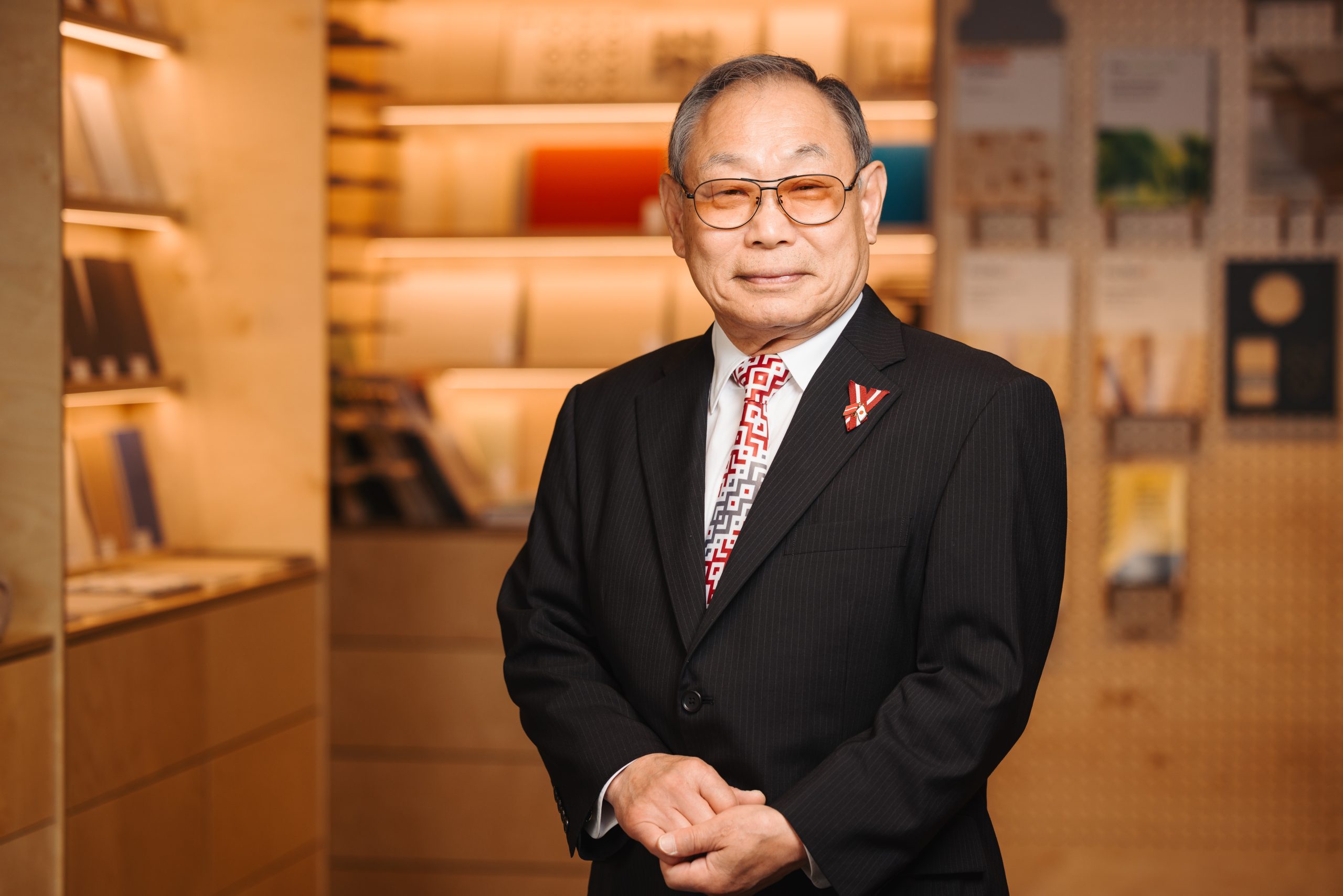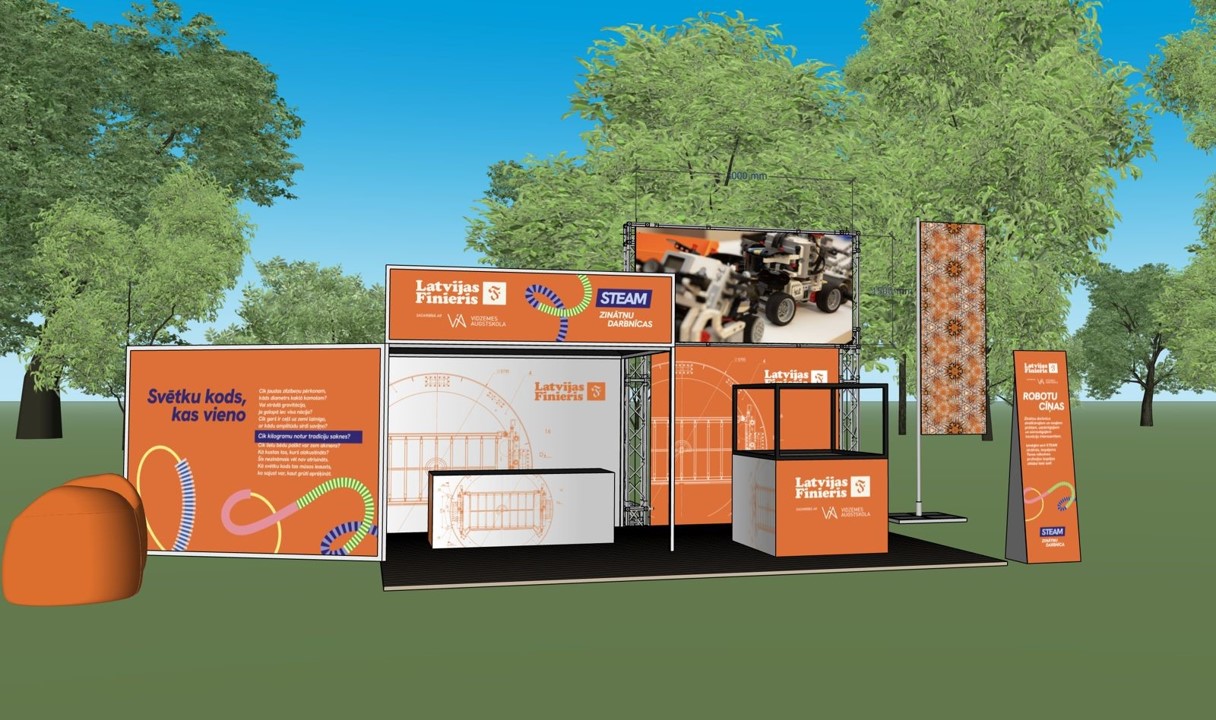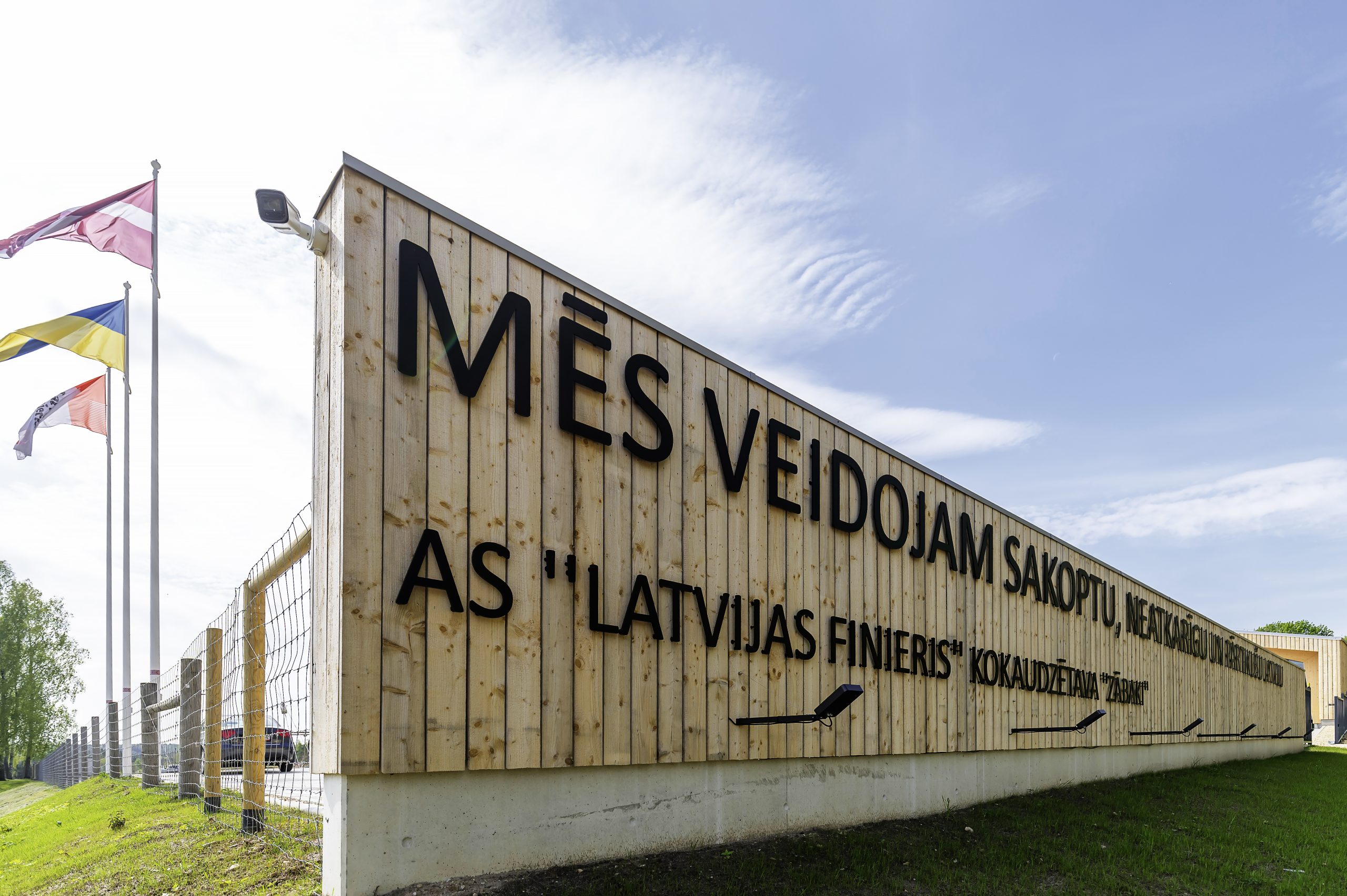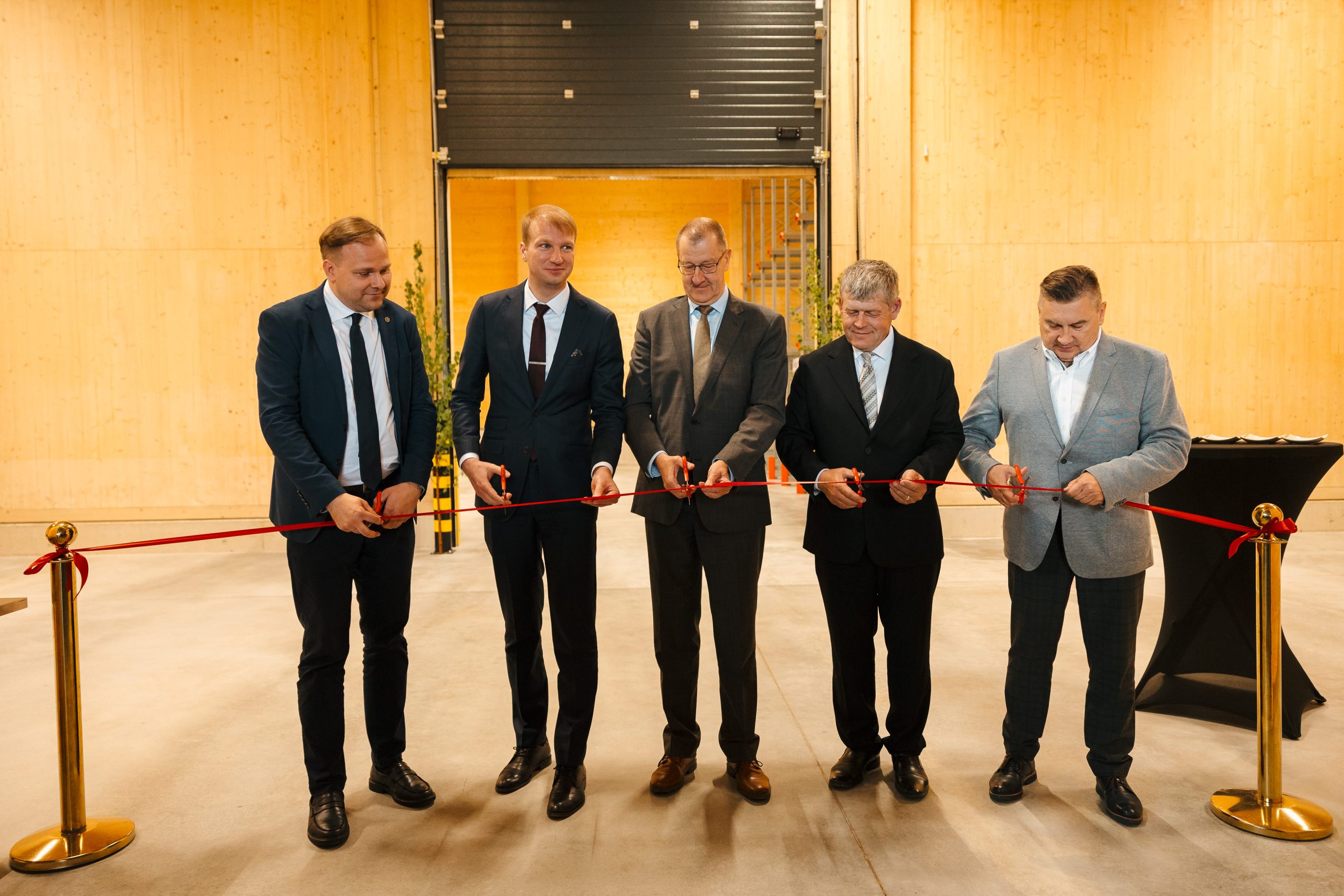Artis Podnieks: There are no limitations to woodworking; it provides a stable, promising long-term work environment in which the most daring ideas can be brought to life
05.08.2021
“Over the years, the woodworking industry has created the right environment for young talents to implement the boldest ideas and innovations.”
Artis Podnieks, Director of the Birch Plywood Support Service at JSC Latvijas Finieris.
He maintains that woodworking processes are increasingly being digitalised and that the potential and growth opportunities in the sector make it comparable to a labour market leader such as information technology.
Unlike many professionals in his field, Artis first gained work experience and then, with the support of his employer, went on to complete a bachelor’s and master’s degree in wood industry at the Latvian University of Life Sciences and Technologies (LLU). He was lucky because fortune smiled on him when he was looking for his first work experience as a young man. Back in 1997, he had practically no knowledge in woodworking and logging, since Artis’ greatest passion in life was sport. He linked his future to volleyball, and with good reason — he had already reached the professional level in the last year of high school, which gave him reason to hope for career development. He did not neglect his education, and he had eyes on the computer programming programme at Riga Technical University. However, the changes brought about during the 1990s made the young man’s ambitions and his hopes for a professional career in volleyball fade, and his studies proved to be too difficult challenge; however, an opportunity unexpectedly arose to get to know the working environment and processes at JSC Latvijas Finieris, which Artis took advantage of.
“I had no idea what woodworking or plywood production was at the time, but the team was very supportive and helpful. It was like a big family, working together to achieve the same goals. Gradually, computers came into the production process, which were still rare at that time, but I was very interested in them and therefore fascinated and greatly motivated to participate in these processes and to use them to do my job. Of course, like any job, I have had my ups and downs, but every time I have chosen to grow within the company, which as a dynamically growing organisation, often offers such opportunities. It is important to have new challenges that make everyday work exciting and allow you to add value to what you do.”
The management of JSC Latvijas Finieris supported the young man’s desire to acquire academic knowledge at LLU. Artis began his studies as a woodworking technologist. Although his four years of studies did not result in a bachelor’s diploma, Artis reached his goal later when he returned to the Jelgava study environment. The university model at the time made it easier for industry professionals to get an education in a way that was convenient and affordable for them — in Artis’ case, this meant an extra two years of studies on Saturdays, leading to a bachelor’s degree in woodworking engineering. As he says, his appetite for knowledge only grew, so he kept going until he got his master’s degree, choosing forest economics and policy as his field.
“At first, studying to become a technologist gave me knowledge of what woodworking is, and what forestry is. It was all completely new to me because I didn’t come from a technical school where they would have already given me a basic technical knowledge of the industry. I had to start from scratch, but had the advantage of knowledgeable colleagues in the company who could help me understand the technological and management processes. My bachelor’s studies in the woodworking engineering programme strengthened my knowledge of production process management and various technologies, and gave me a broader view of the sector, but as my professional activity in the company was more related to the procurement of resources, which in turn is closely linked to forest policy, I linked my master’s studies to forest economics and policy, which I found fascinating and interesting, and also useful in my professional activities.”
Artis says that the biggest benefit of his studies has been the general understanding he gained of the wood industry and the specifics of woodworking. The set of knowledge was very broad, but at the same time extramural learning was also possible. In addition, the longer-term nature of the studies has also allowed him to make conclusions about the development of the timber industry as a whole and its offer to the younger generation of the labour market:
“When I first started my studies in Jelgava, the forest sector in general had a low level of computerisation, and technology entered it very gradually. The reality is quite different today. The use of technology is highly developed and the forest sector has become one of the most modern sectors in Latvia. Drones and computerised machines, robotics and mechatronics are commonplace, and this evolution is still a work in progress. Nowadays, an excellent environment to discuss, think and innovate in the timber industry is in place. The doors of our industry are wide open to determined engineers who can create and innovate. There are no limitations, and the sector provides a stable, promising long-term work environment in which the most daring ideas can be brought to life.”
The article was written in collaboration with the Faculty of Forestry, Latvia University of Life Sciences and Technologies.
